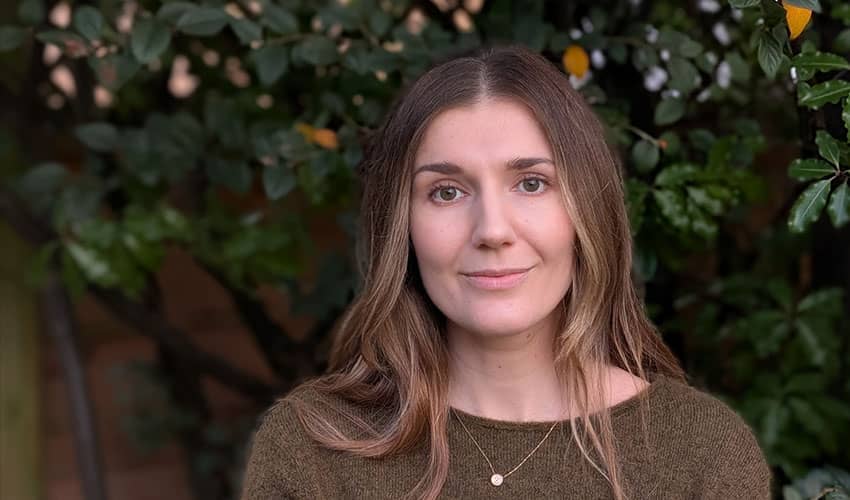People taking fewer flights for environmental reasons want leadership to 'come out of closet'

People who are flying less often for environmental reasons want more visible leadership from environmental organisations and green employers to overcome expectations that 'flying is normal'. That is the conclusion of a study investigating the views of flying 'reducers' conducted by two researchers at the University of the West of England (UWE Bristol).
The study found the 'reducers' were driven to act by strong ethical reasons, particularly concern about climate change. But they told researchers that they faced barriers in reducing their flights including social factors, such as ridicule from people around them and tension within families, including partners. Most of the respondents found it relatively easy to reduce their flying, but some mentioned high costs of international rail travel, and difficulties with booking, ticketing and making connections.
The two-year project surveyed members, supporters and staff of 80 organisations involved in environmental campaigning or sustainable development based in the UK. The study was conducted before the recent upsurge in awareness about aviation and climate change, and the 'flight shaming' movement, which has reduced flying in Sweden. In total 153 people completed the online survey, with in-depth interviews conducted with 13 of them.
The study was conducted between 2016 and 2018 as part of Paul Purnell's MSc in Sustainable Development in Practice at UWE Bristol. Paul works as a management consultant, specialising in general and environmental management systems for small engineering companies. The project was supervised by Dr Steve Melia, a Senior Lecturer in Transport and Planning, who has written and lectured about aviation and climate change.
Dr Melia said: “Several people in this study said they avoided talking about flying, to avoid conflict or embarrassing other people. Others described some difficult conversations with people around them.”
The study concluded that a 'vanguard' of flying 'reducers' could help to boost alternatives, such as ferry connections and long-distance sleeper trains, which have been eroded in recent years. This will require more leadership from environmental organisations and other organisations with a commitment to sustainability, the researchers found.
The full research paper is published in World Transport Journal.
Related news

16 February 2026
UWE Bristol researchers awarded grant to explore impact of asset recovery on offenders
UWE Bristol academics have been awarded funding to explore of the impact of asset recovery on deterring offender behaviour and disrupting crime networks.

10 February 2026
Work by UWE Bristol lecturer features in Government’s National Cancer Plan
Work by a UWE Bristol academic has been included in the Government’s National Cancer Plan.

23 January 2026
On-demand minibus services beneficial in rural areas but face financial challenges, trials suggest
Trials of ‘demand responsive transport’ minibus services boosted connectivity for people in rural and suburban areas, according to a new report produced by UWE Bristol researchers.

18 December 2025
UWE Bristol professor appointed National Institute for Health and Care Excellence CEO
Jonathan Benger CBE, Professor of Emergency Care at UWE Bristol, has been appointed as the new chief executive officer of the National Institute for Health and Care Excellence (NICE).

17 December 2025
Findings revealed from first UK study into experiences of mothers who are survivors of rape pregnancy
UWE Bristol academics have revealed the findings of the first UK-based study of the experiences of mothers who are survivors of rape pregnancy.

11 December 2025
Social media influencer work is far more demanding than it looks, research finds
A study exploring the mental health impacts of social media influencer work has revealed that life online is far more demanding than it appears.

25 November 2025
UWE Bristol experts join film Q&A exploring music and melodrama
Academics will take part in the Cary Comes Home Festival, with a post-screening Q&A exploring music, melodrama and emotional storytelling in classic cinema.

17 November 2025
Urgent reform needed to support ambulance-delivered end of life care, study finds
More than three quarters (78 per cent) of paramedics sometimes fear doing the wrong thing when caring for people in the last year of life, new research has found.

13 November 2025
Bristol’s screen industry experiences “boom-and-bust cycle” after post-pandemic recovery, new research from UWE Bristol finds
New research from UWE Bristol provides detailed insight into Bristol's screen sector.

13 November 2025
New AI research to revolutionise animal welfare
A UWE Bristol research project will combine behavioural science and AI to create technology that understands not only what animals do, but how they feel.

10 November 2025
Lessons from Low Traffic Neighbourhoods will drive better public engagement, study finds
Lessons from Low Traffic Neighbourhoods have informed a new toolkit to improve engagement with the public on challenging local street issues.

06 November 2025
First-of-its-kind study aims to help more people spend their final days at home
A new study will explore how architectural design could support end-of-life care in domestic settings.






